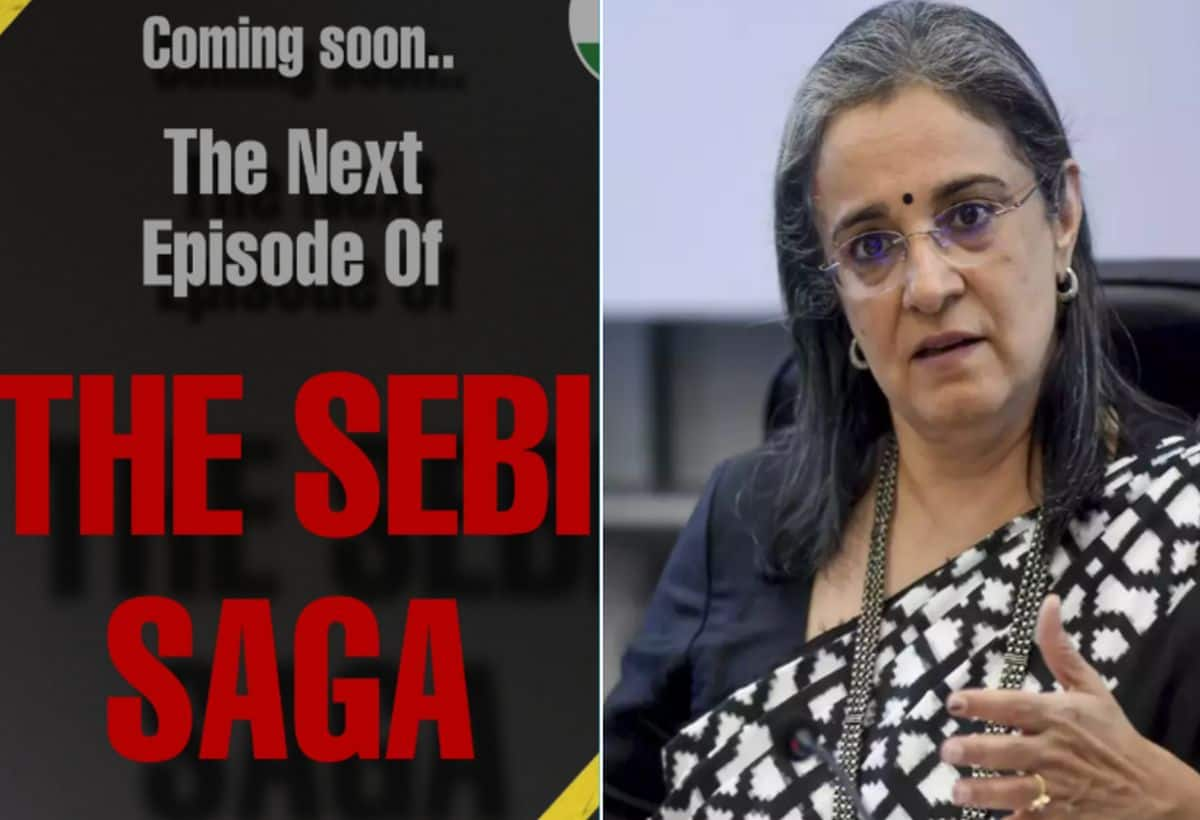The Allegations Against SEBI Chairperson Madhabi Buch
The political landscape in India was shaken recently when the Congress party raised new conflict of interest allegations against Madhabi Buch, the chairperson of the Securities and Exchange Board of India (SEBI). On September 6, Congress leader Pawan Khera accused Buch of receiving rental income from a firm entangled in SEBI’s investigation concerning insider trading and other illegal practices. This allegation not only points to potential corruption but raises fundamental questions about accountability within India’s market regulatory framework.
Details of the Allegations
Khera claimed that both Buch and her husband own a property in Mumbai rented to Carol Info Services Ltd., a company linked to Wockhardt Ltd., which is under scrutiny by SEBI. According to Khera, Buch received approximately ₹2.16 crore in rental income from this company between 2018 and 2024, raising serious concerns about her impartiality while overseeing a regulatory investigation that includes the activities of Wockhardt Ltd.
Criteria for Conflict of Interest
During a press conference, Khera stressed that this scenario represents a blatant conflict of interest, in violation of sections 4, 7, and 8 of the 2008 Code of Conduct for SEBI board members. He argued that former SEBI chairpersons had proactively distanced themselves from situations that could compromise their positions, citing examples where previous heads sold shares or recused themselves from matters where personal financial ties might cloud their judgment.
The Role of the Government
Further complicating the issue, Khera questioned the circumstances surrounding Buch’s appointment on March 2, 2022, made by the Appointments Committee of the Cabinet led by the Prime Minister. He insinuated that her appointment might have been contingent upon maintaining her financial connections, suggesting a troubling interplay between regulatory oversight and political influence.
Concerns About Credibility
Khera raised alarms that Buch’s transfer of investments to her spouse indicates a lack of transparency and ethical governance, contrasting her actions with those of her predecessors whom he claims exercised greater caution to avoid any perceived impropriety. He challenged the integrity of a regulatory head if they are thought to operate in a compromised position, implying that complacency could lead to detrimental consequences for investors and the market at large.
Future Developments
As the situation unfolds, Khera has hinted at further explosive revelations regarding Buch in a social media post. He noted that the ongoing saga represents a critical situation for India’s financial markets, suggesting that foreign investment could be jeopardized if confidence in the system is eroded. The Congress party has called for an independent investigation, declaring it vital for restoring trust among the vast number of individual investors in India, now reaching approximately 10 crore with unique PAN registrations.
Responses to the Allegations
In response to the allegations, Buch has labeled them as baseless, asserting that her financial dealings are transparent and open for scrutiny. She emphasized the importance of maintaining trust in the regulatory framework as investors seek confidence in the capital market. However, mounting public pressure and allegations call for deeper introspection into SEBI’s governance and its susceptibility to conflicts of interest.
Conclusion
The unfolding “SEBI Saga” remains a hot topic as accusations of corruption and conflicts of interest are scrutinized by the opposition party and the public alike. Whether these allegations will result in significant changes within SEBI or a reevaluation of its leadership remains to be seen. The integrity of India’s financial markets hangs in the balance, and the coming weeks may well determine the pathway ahead.












